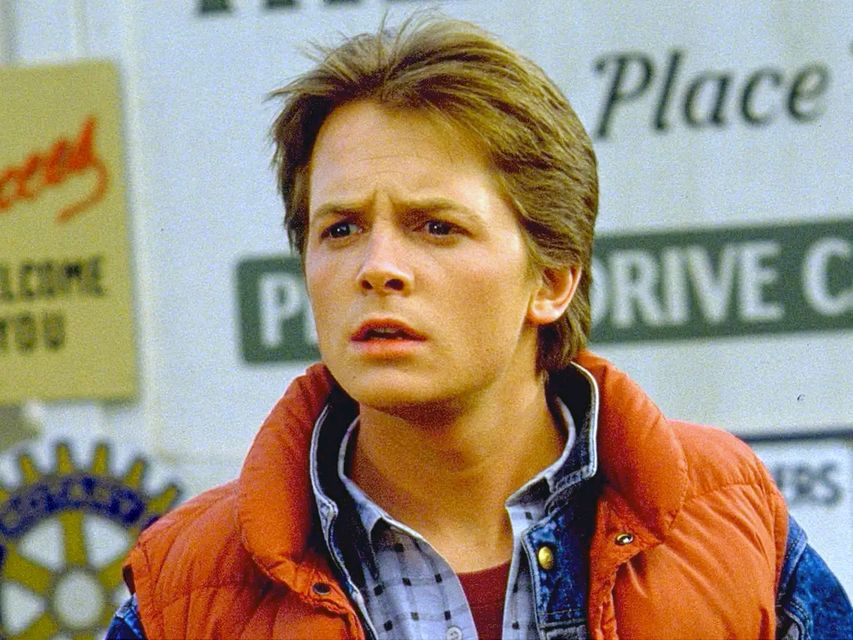The 65-year-old actor was diagnosed with the neurodegenerative disease in 1991 when he was 29.
“There’s no timeline, there’s no series of stages that you go through – not in the same way that you would, say, with prostate cancer,” he said about his diagnosis.
“It’s much more mysterious and enigmatic.”
Fox, who is promoting his new memoir, Future Boy, went on to detail his desire for a peaceful death.
“There are not many people who have had Parkinson’s for 35 years,” he said in an interview. “I’d like to just not wake up one day. That’d be really cool. I don’t want it to be dramatic. I don’t want to trip over furniture, smash my head.”
With Parkinson’s, the brain becomes progressively damaged over years. Physical symptoms include involuntary shaking of the limbs, slowed movement and other mobility issues.
Fox said he now takes it easy, noting that he “doesn’t walk much any more”.
“I can walk, but it’s not pretty and it’s a bit dangerous, so I just roll that into my life, you know – no pun intended,” he said.
He also spoke about his daily challenges while living with Parkinson’s.

Michael J Fox in 1985 film ‘Back to the Future’
“I wake up and get the message of what the day is gonna be like, and I try to adjust to it,” he said. “I keep getting new challenges physically, and I get through it.”
While Fox announced his retirement in 2020, he has since appeared in the Apple TV+ comedy drama Shrinking, starring Harrison Ford as Dr Paul Rhoades, who is living with Parkinson’s.

Michael J Fox earlier this year. Photo: Getty
Today’s News in 90 Seconds – Thursday, October 16
In addition to his TV return, Fox has also maintained an active public presence, including appearances at Glastonbury and various awards shows.
He last spoke about his experience with Parkinson’s last November at the annual gathering of his Parkinson’s research foundation, the Michael J Fox Foundation.
He recently said his outlook on the disease had changed over the years, noting that he does not view his condition negatively.
“After 35 years or something since I’ve been diagnosed, this is just my life and I don’t think about it much,” he said.
“I’m thinking about what we’re going to do as a community to figure this out and find a cure – and short of a cure, create treatment centres that are really groundbreaking.”
